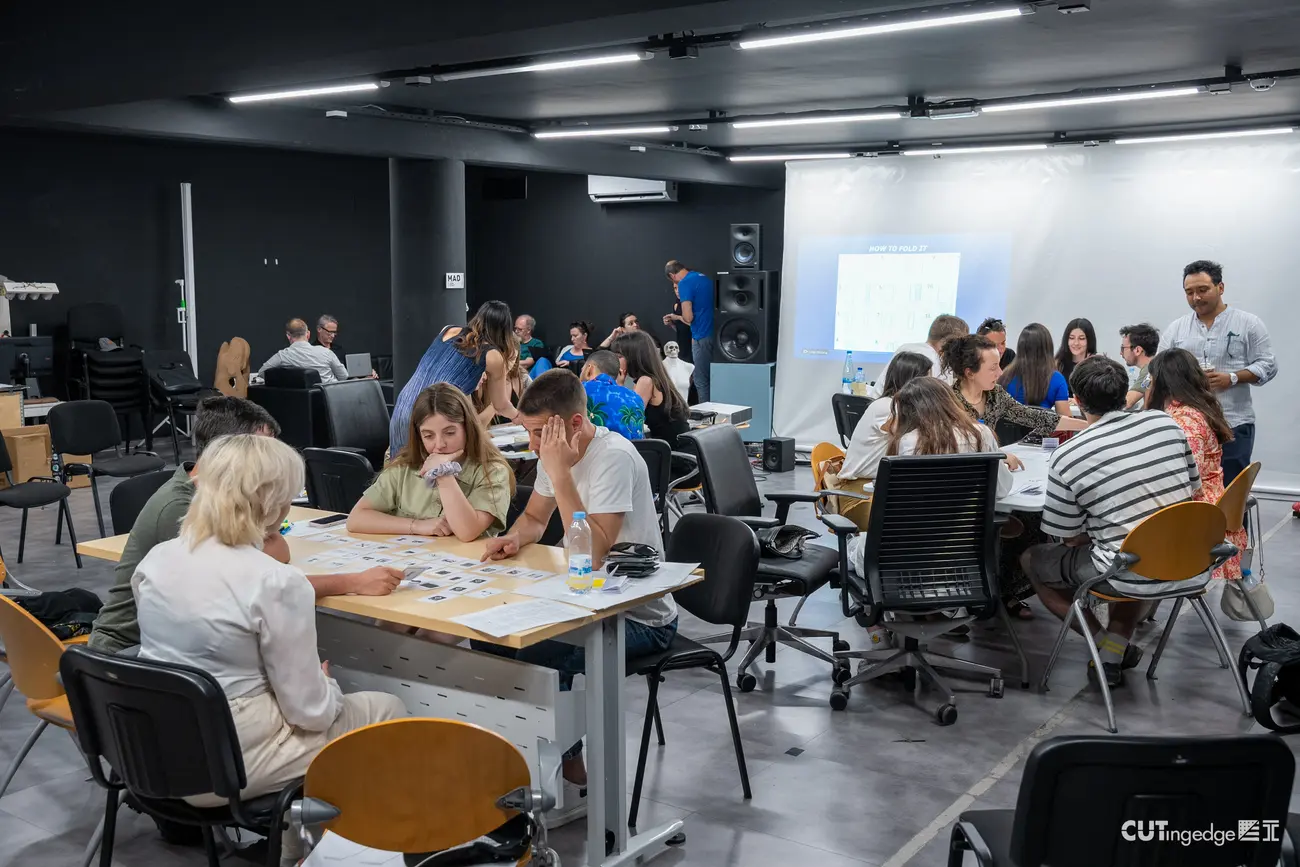
PR4: Student Programme
The Student Programme
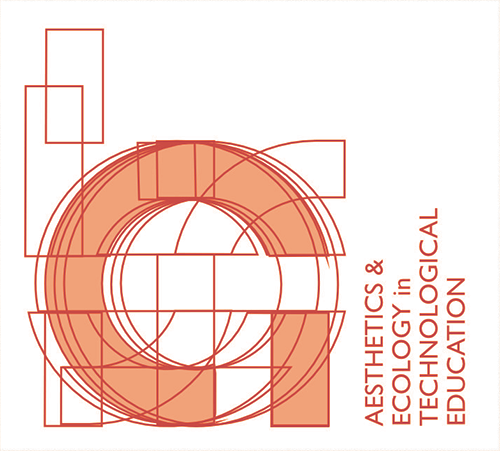
This Project Result proposes that Teaching an Aesthetics of Care with Ecology in Technological Education requires a radical transdisciplinary shift in teaching between the arts, humanities and sciences in order to provide students with the transformative set of skills and competences needed to redefine sustainable technological development for the 21st century and to prepare them for new sustainable economy. In the discussion on the qualification content required of university graduates in the future, studies and reports show that companies are recognising an increasing need for qualifications that go beyond disciplinary expertise.
This requires the development of specific teaching content and methods, which are developed as part of PR3 (Teacher Programme) building on the work of PR1 (Mapping Aesthetics in Technological Education) and PR2 (Circular Economies of Design). Furthermore, a project-based learning approach is necessary, bringing to the students a concrete, defined real-life assignment to solve, allow the experience of self-efficacy, and by this increasing the students’ motivation, and so that they learn to collaborate and solve imminent problems.
The tasks of the PR were:
Developing a Student programme to be implemented and tested at the second Intensive Study Programme in Limassol.
Design of a testing process and evaluation of the feedback.
Preparation of the final version of the Student programme.
Intensive Study Programme Two: Student Programme
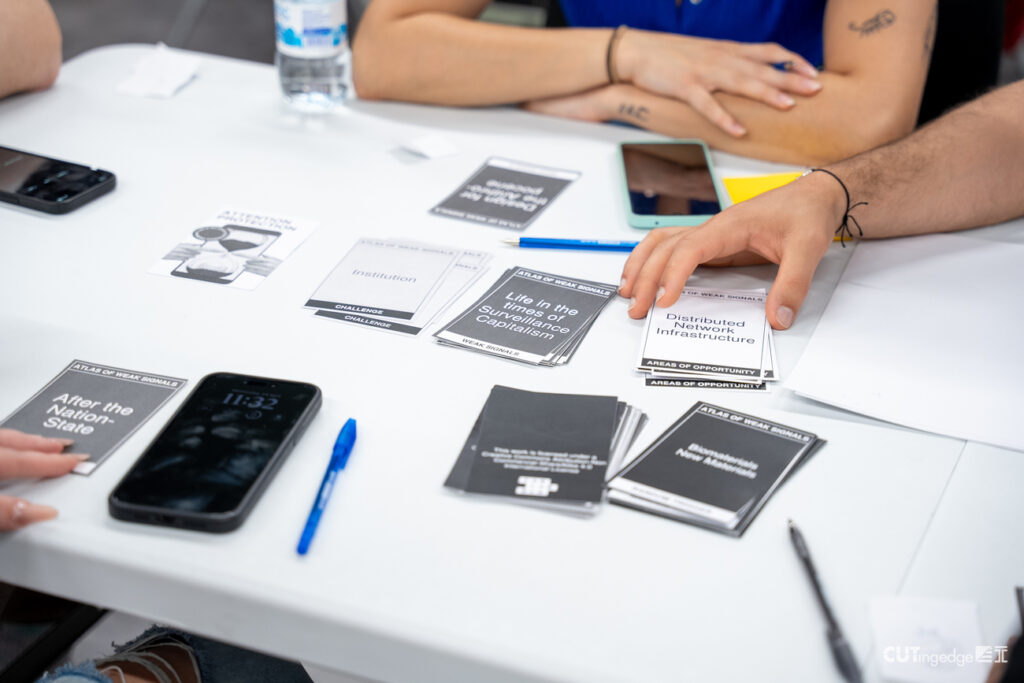
The Second Intensive Study Programme took place over three days in Limassol in April 2024 organised and hosting by Cyprus University of Technology. The Student Programme developed by PR4 and built on the work done by PR2 and PR3 and the experience of ISP 1 and analysis of the feedback from these events. The programme brought together a diverse group of students from the consortium. The programme included a repair hackathon and re-use sound workshop led by Dimitris Savva and Teresa Georgallis (CUT) and hosted by the Media Art and Design Lab (MADLab), and an exhibition and performances of student artwork.
Participants joined in three interactive game workshops exploring the different aspects of care aesthetics and its relationship to technological education with the games Atlas of Weak Signals, Revolt, and In the Loop. Each game session incorporated feedback from previous sessions and included structured feedback and round table discussion.
Student Programme Gallery
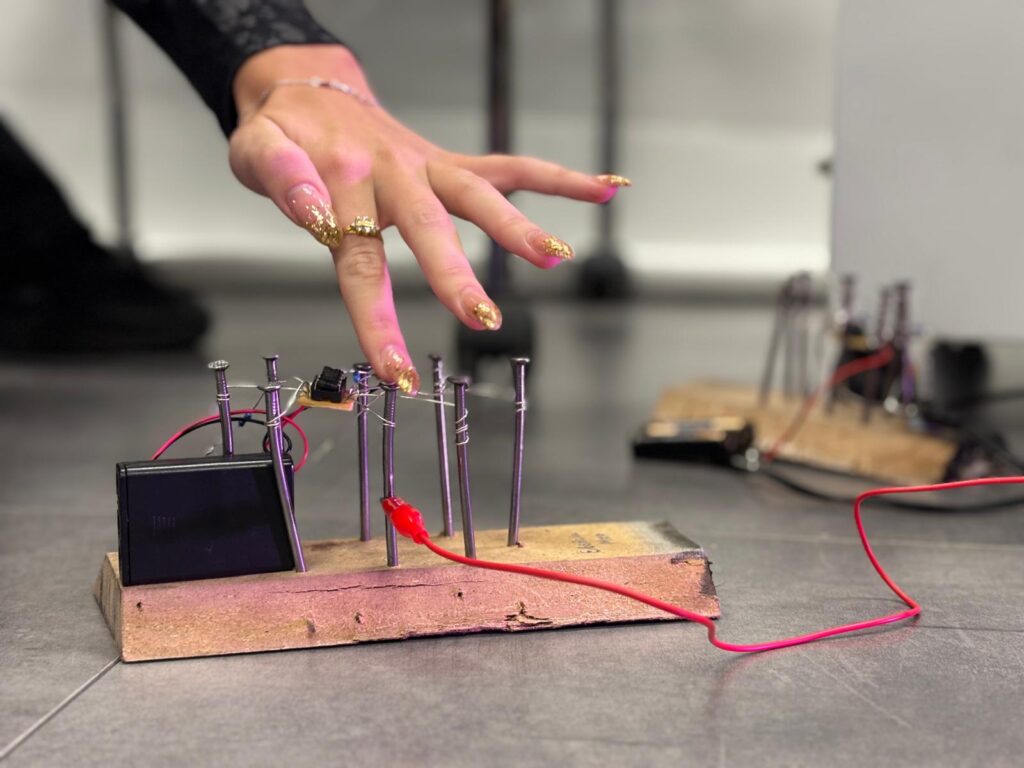
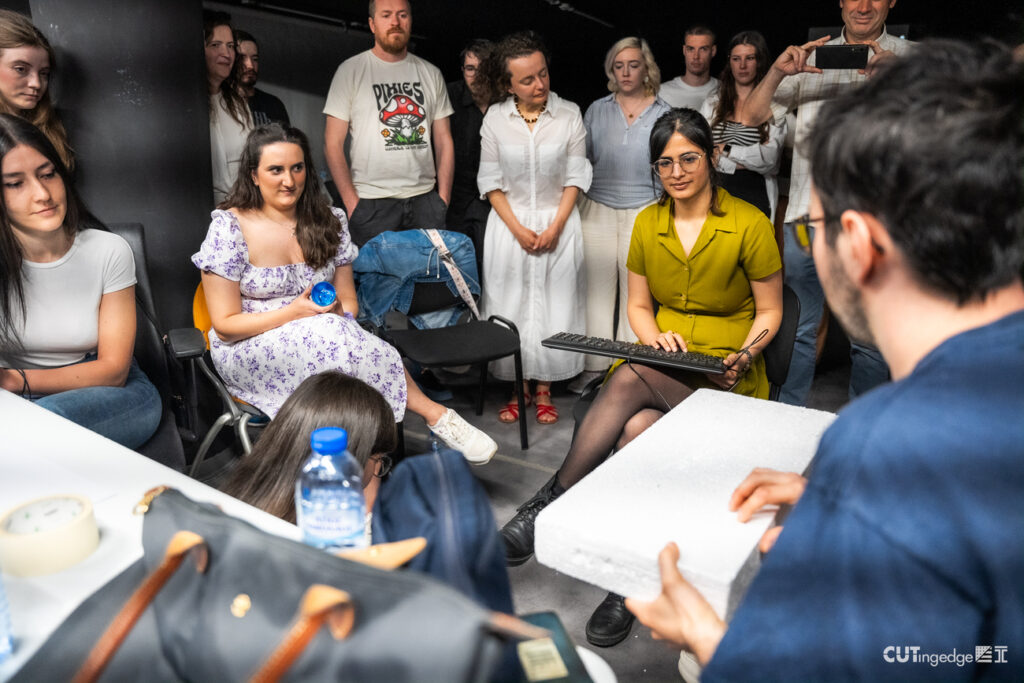
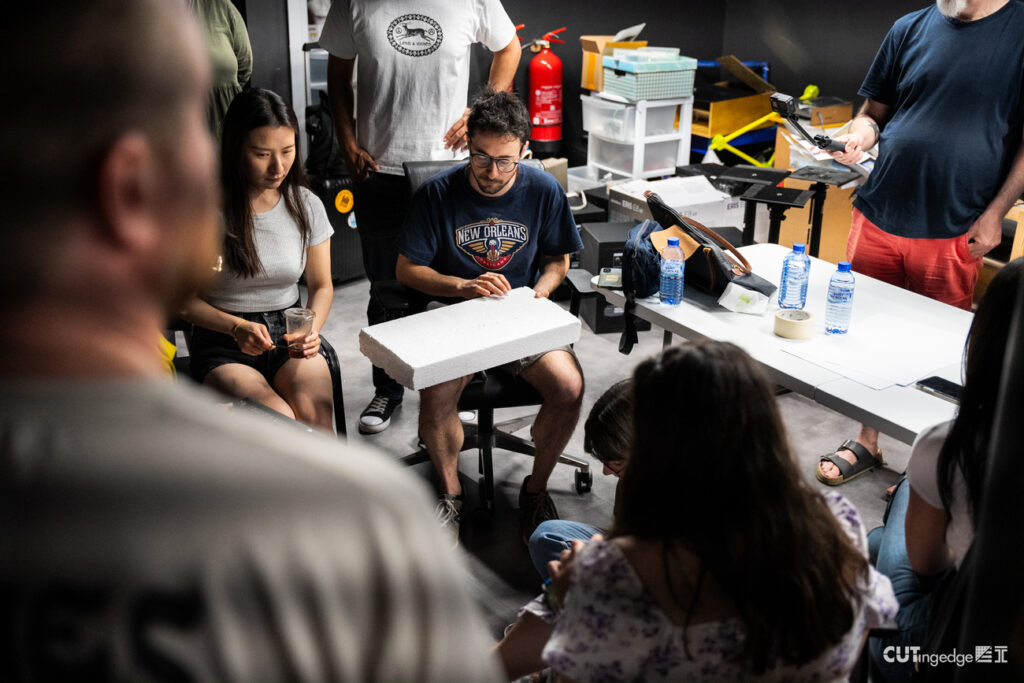
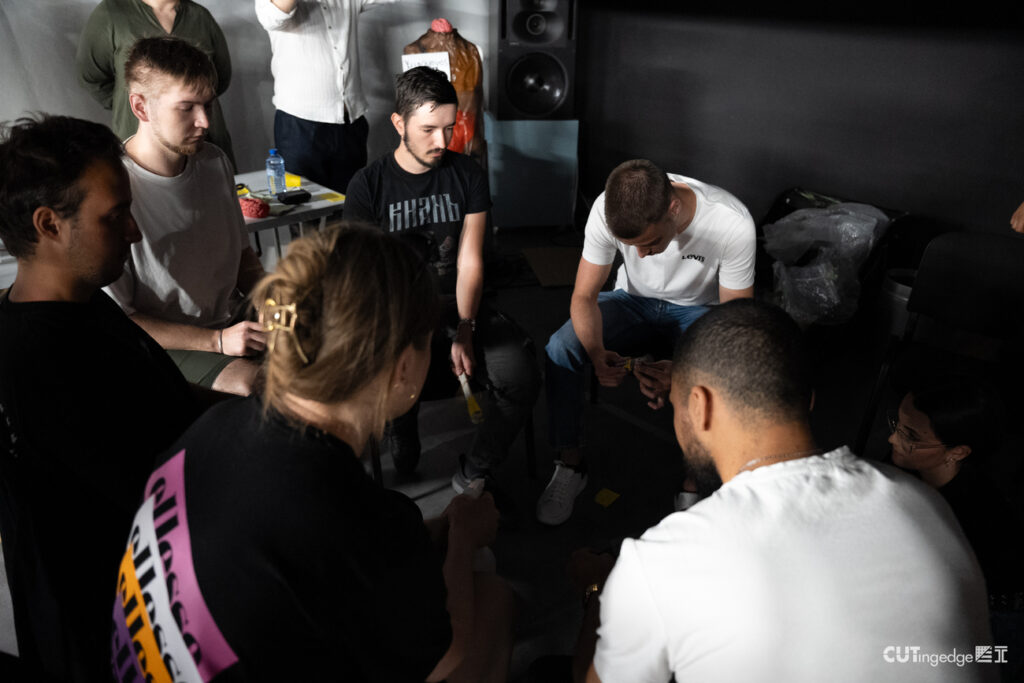
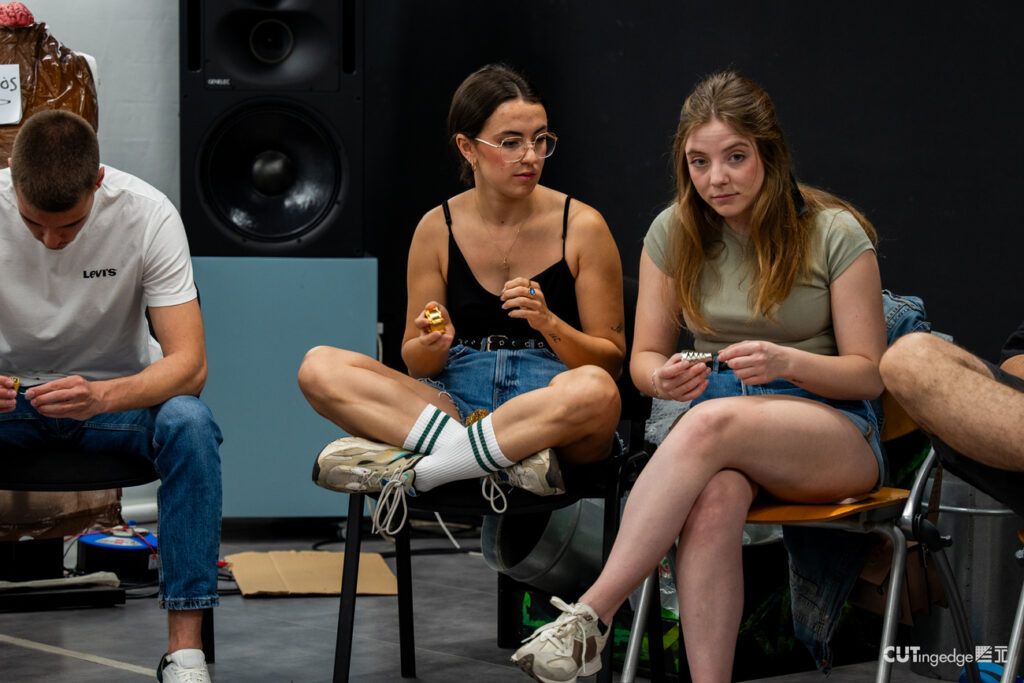
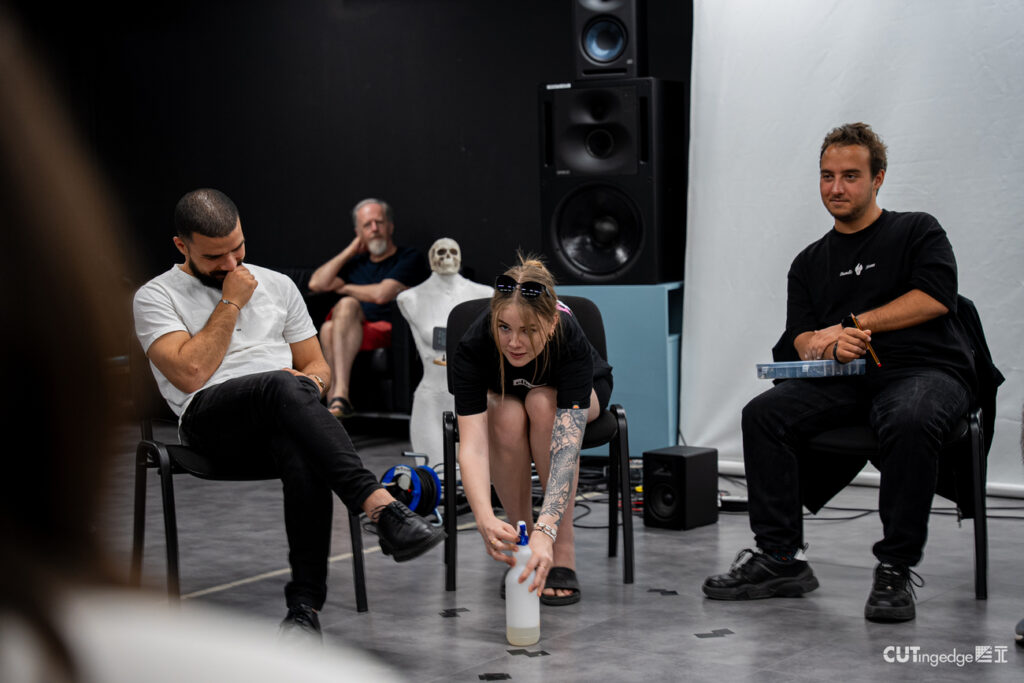
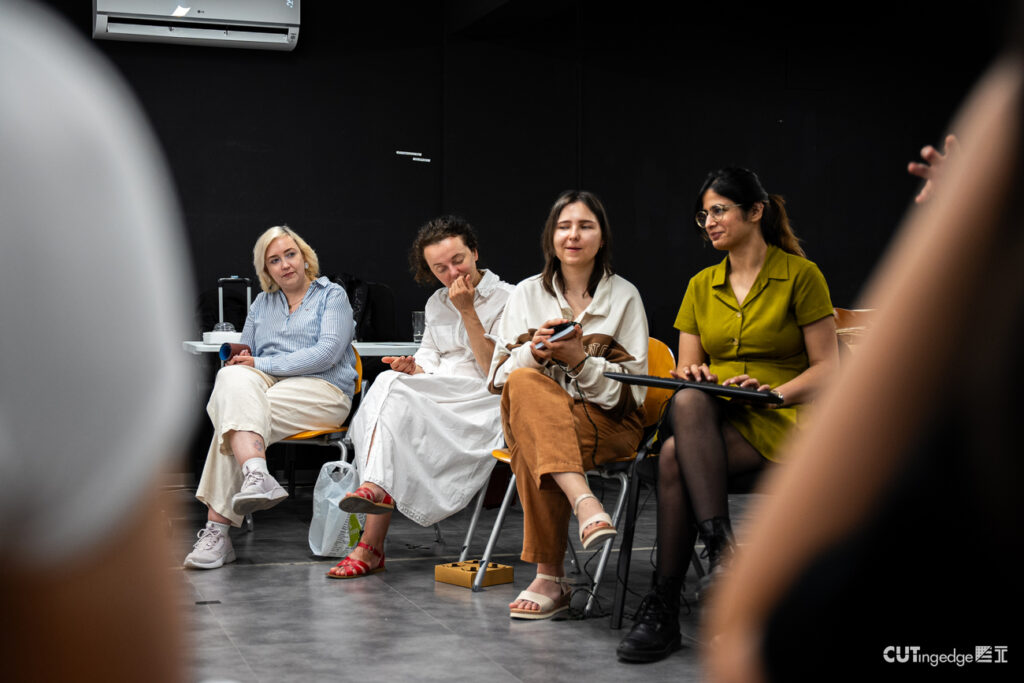
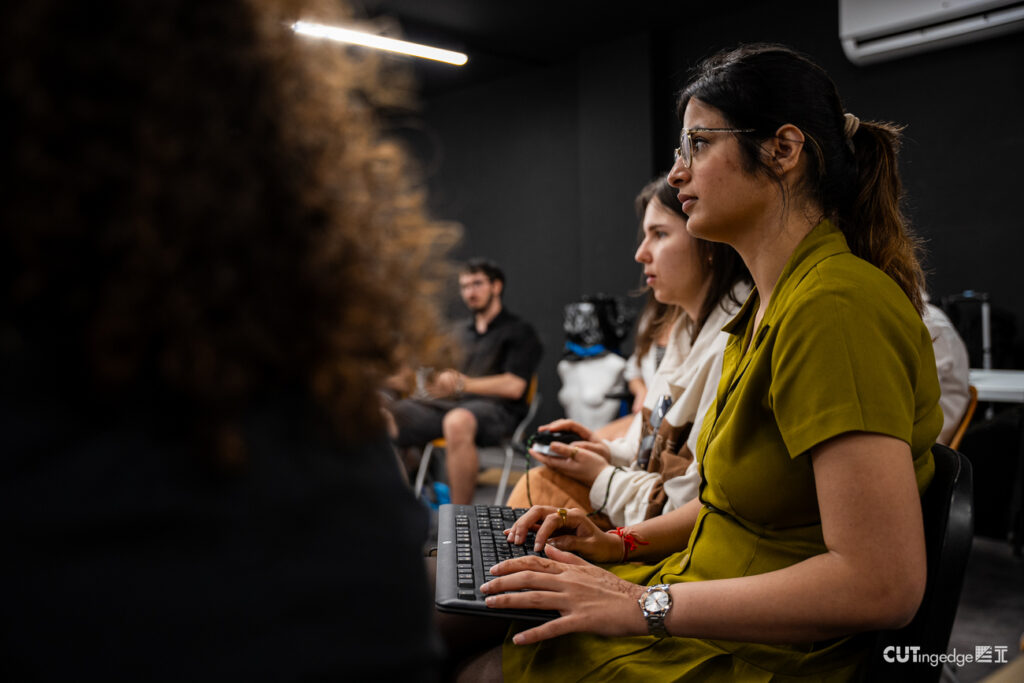
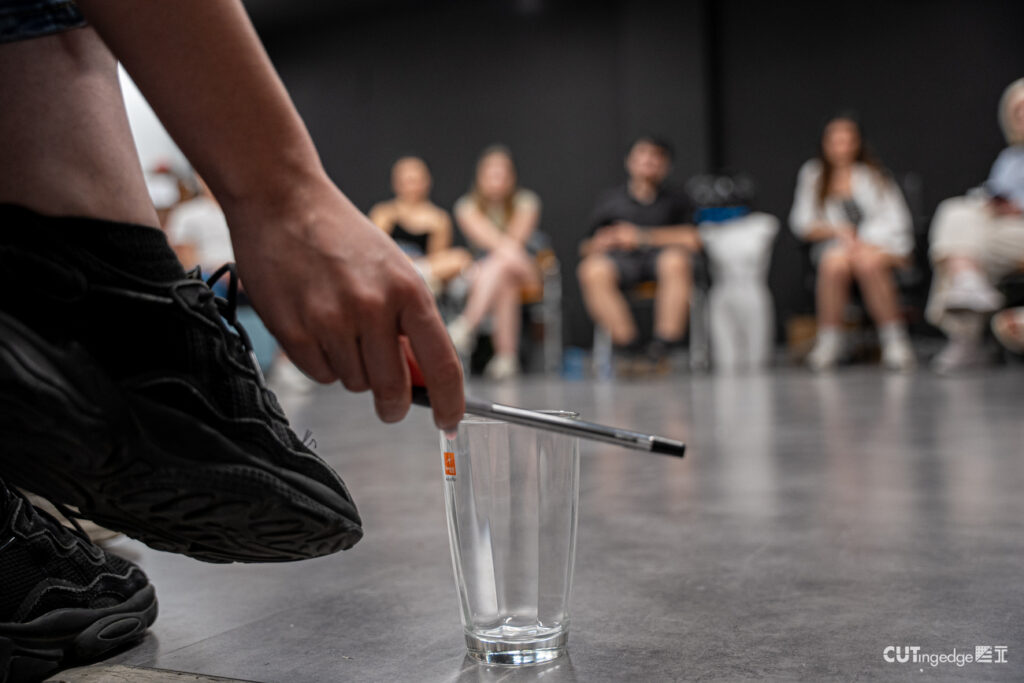
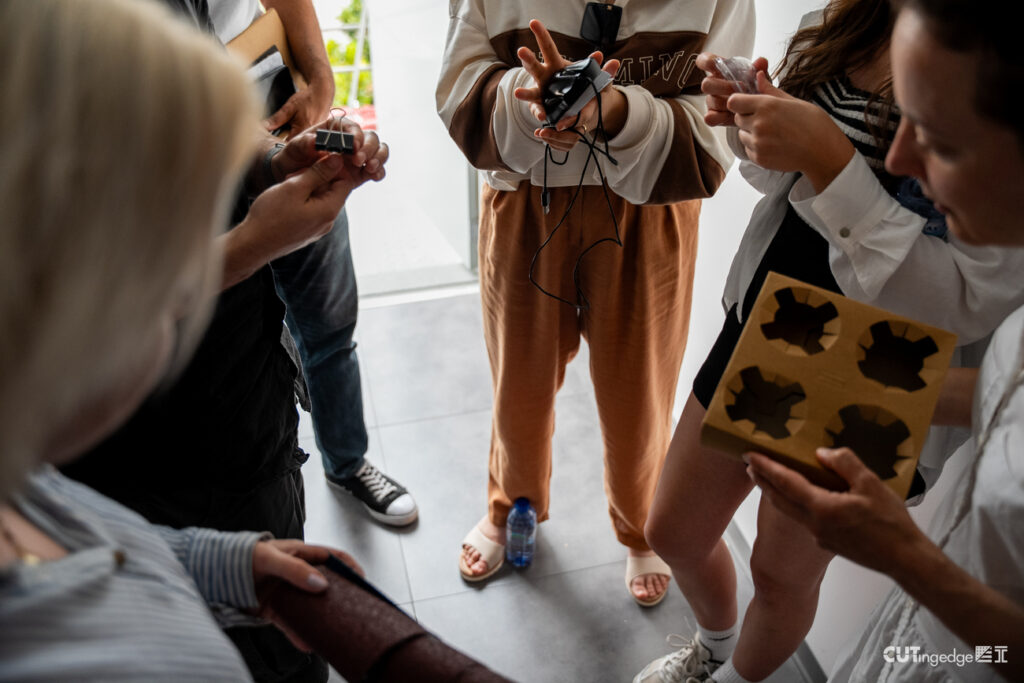
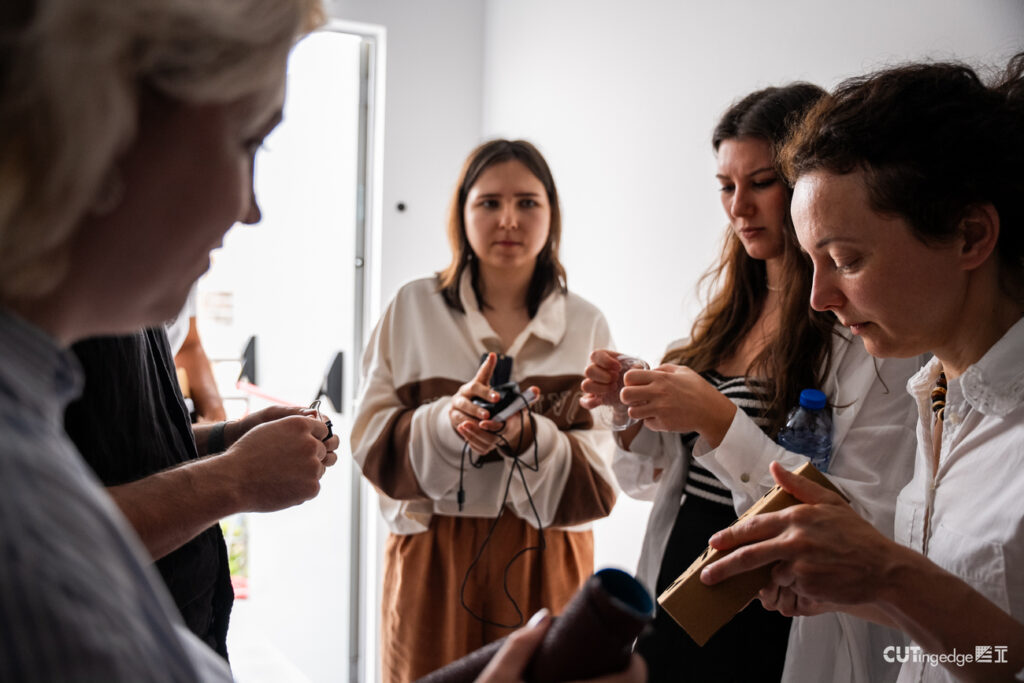
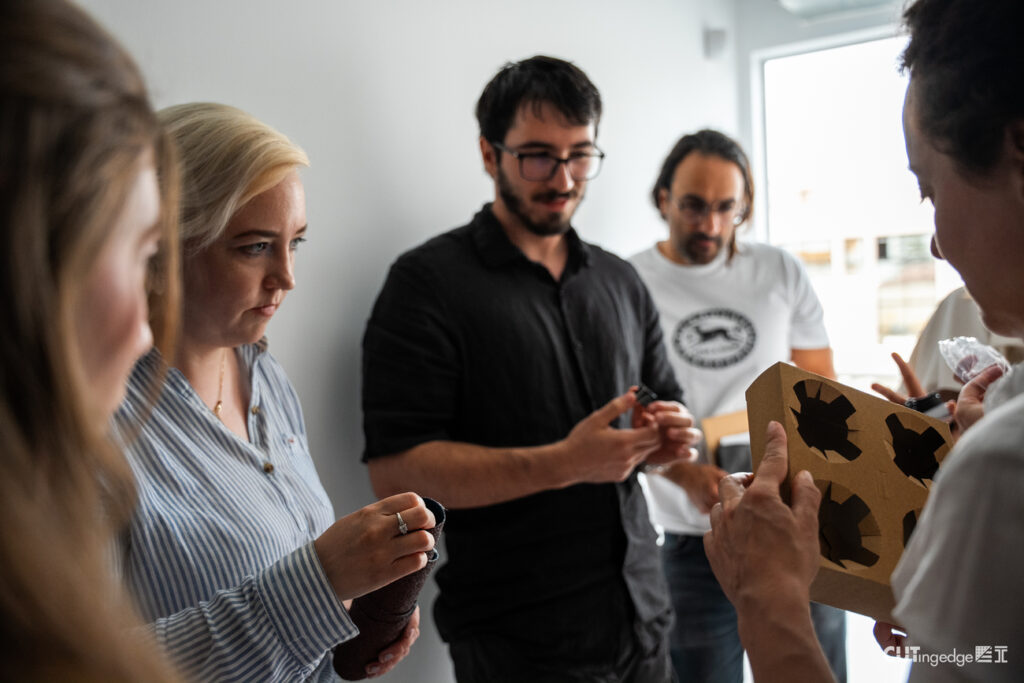
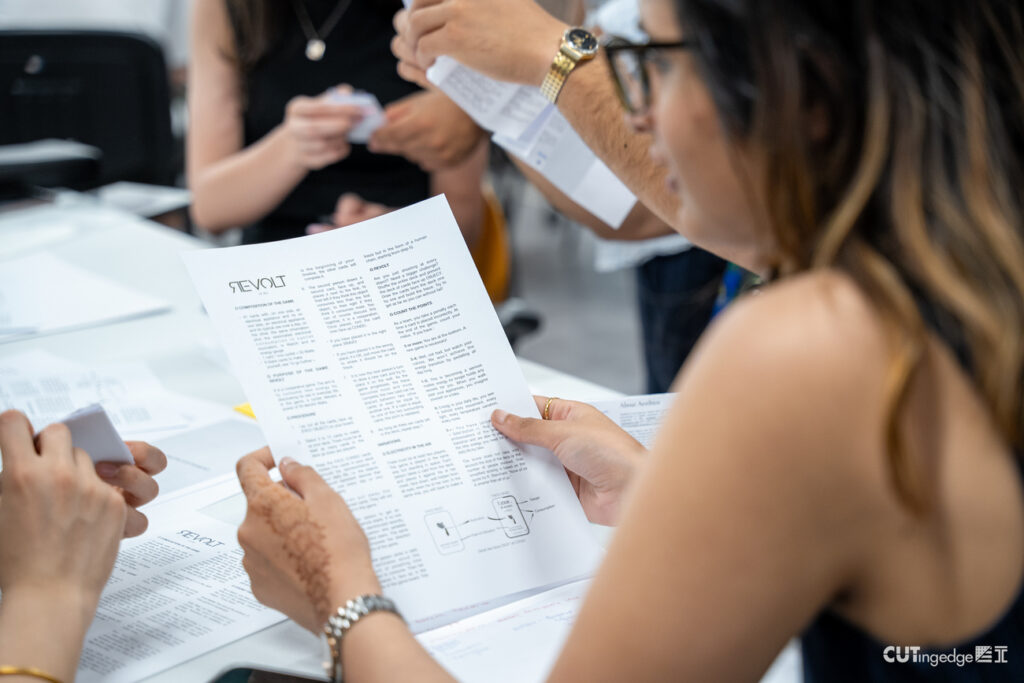
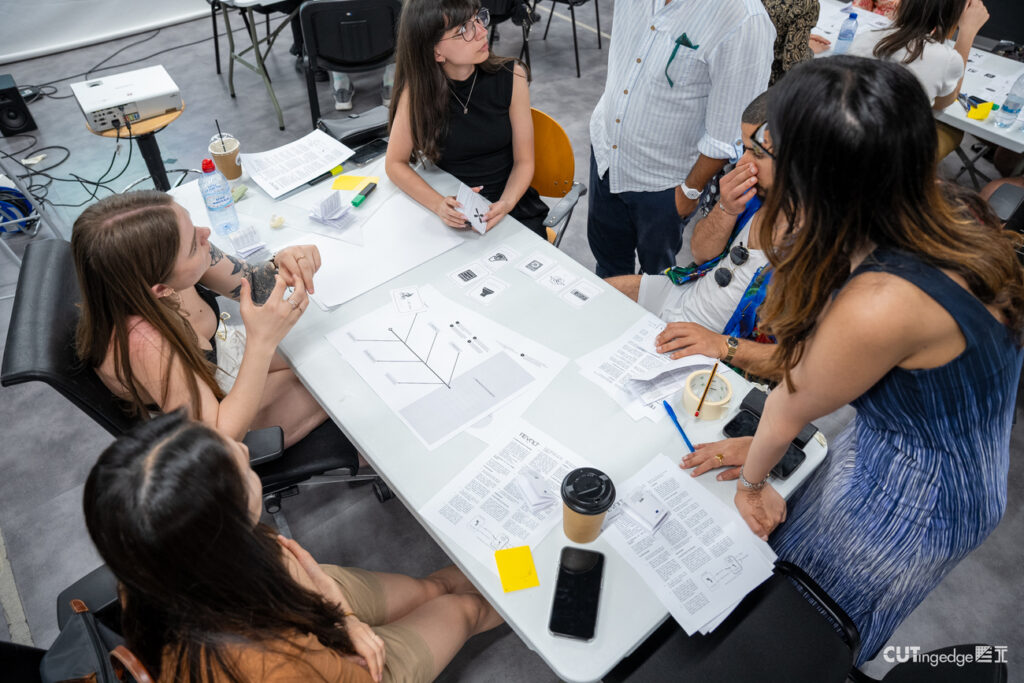
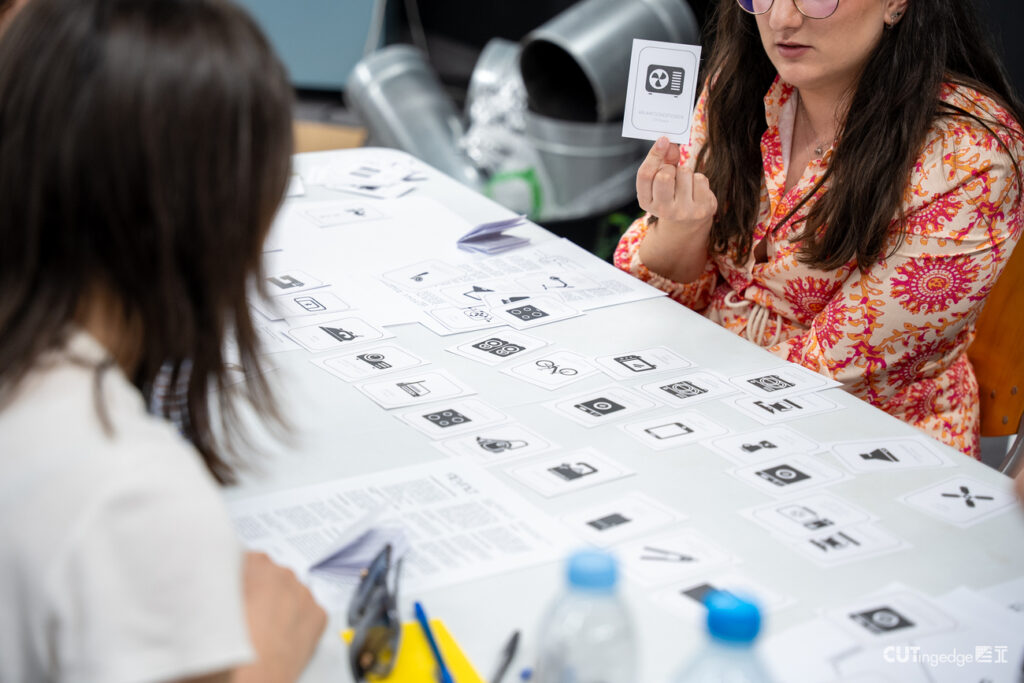
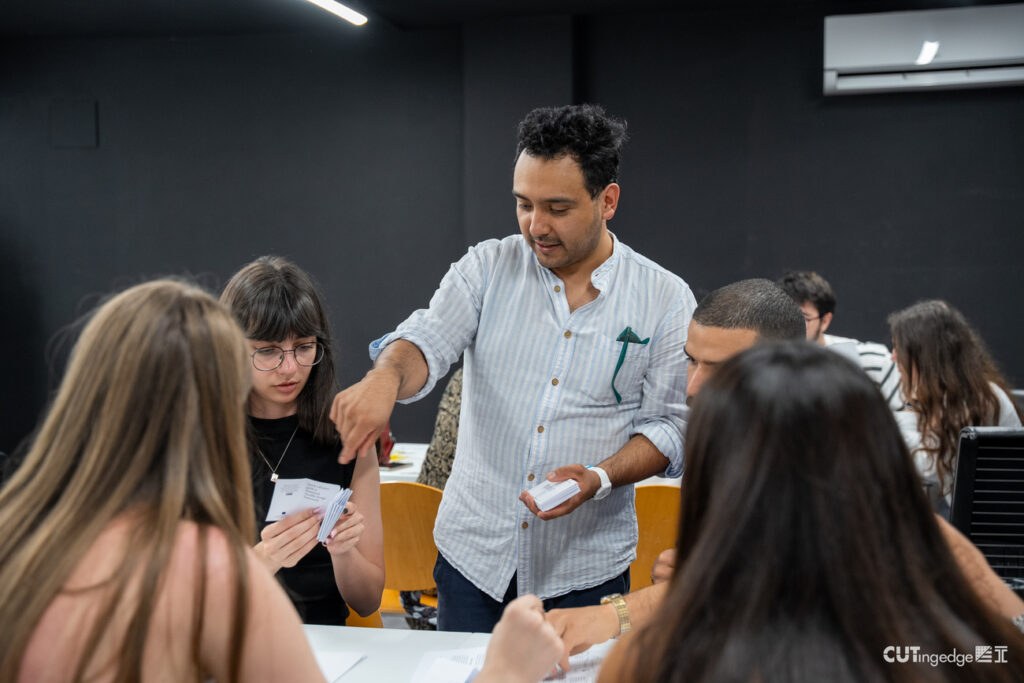
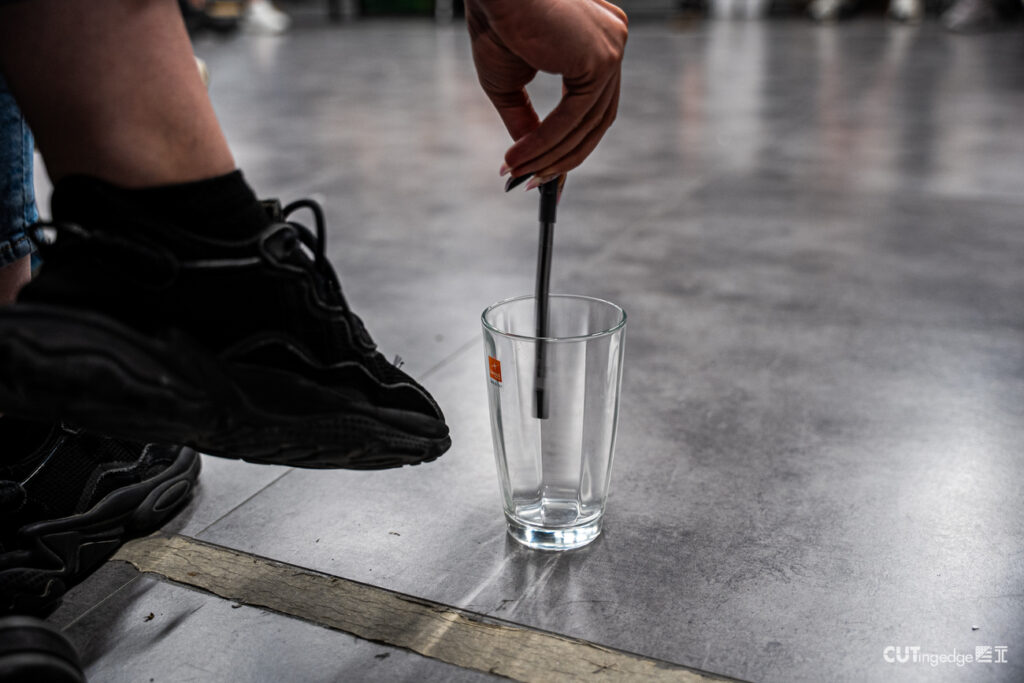
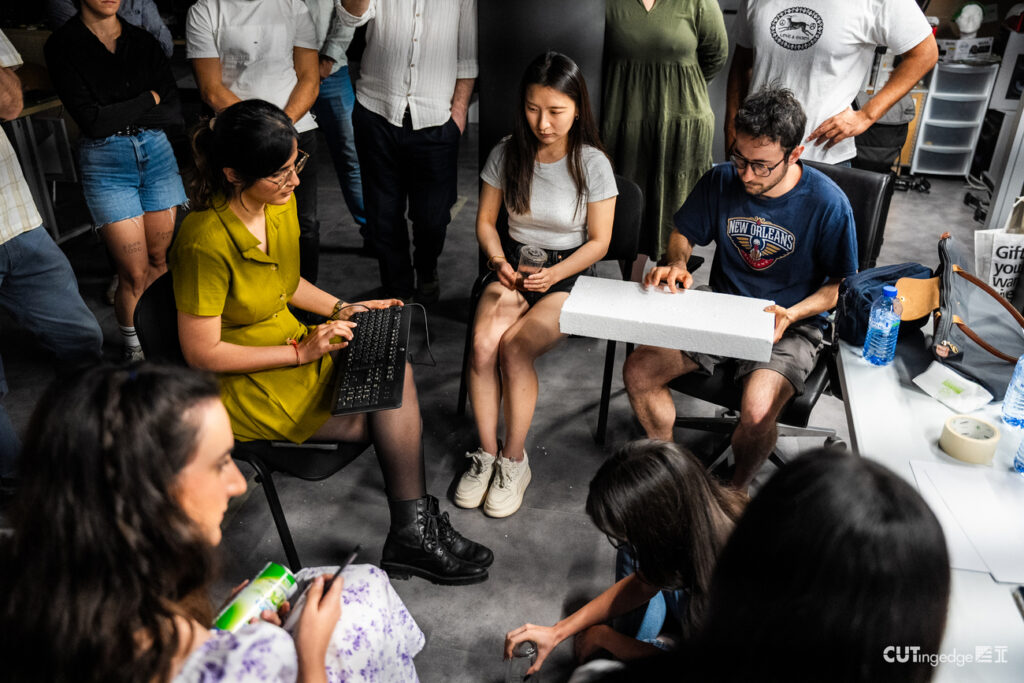
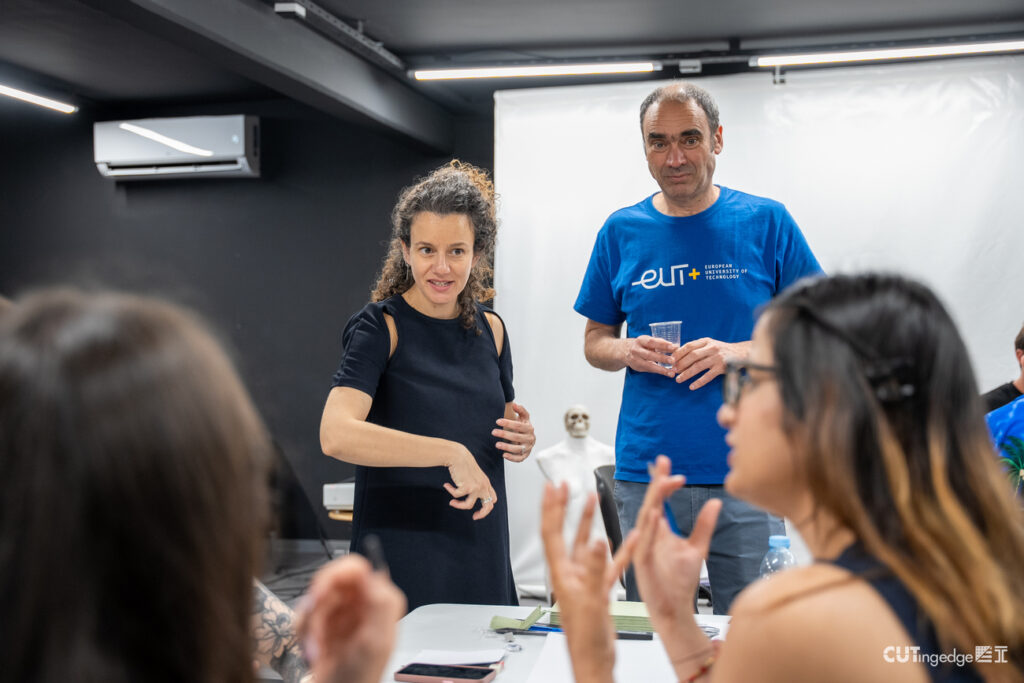
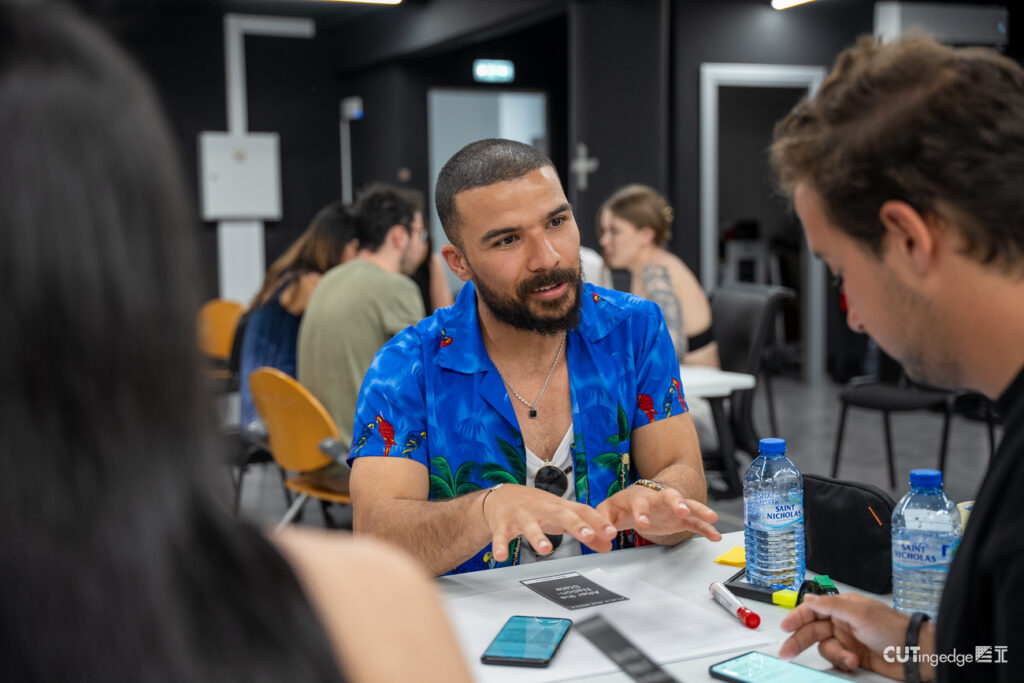
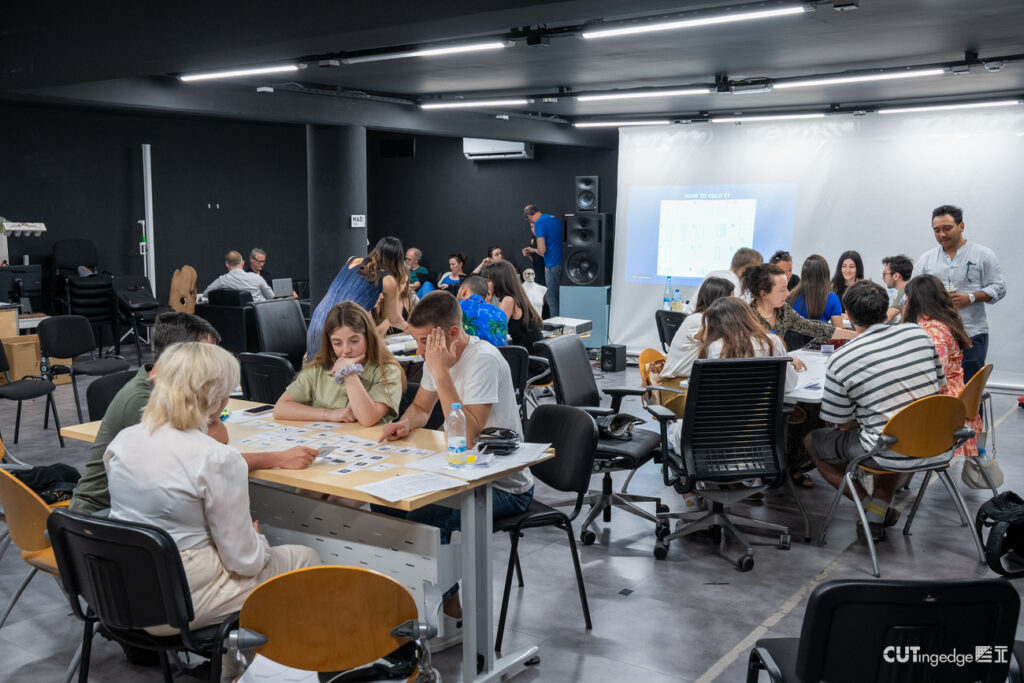
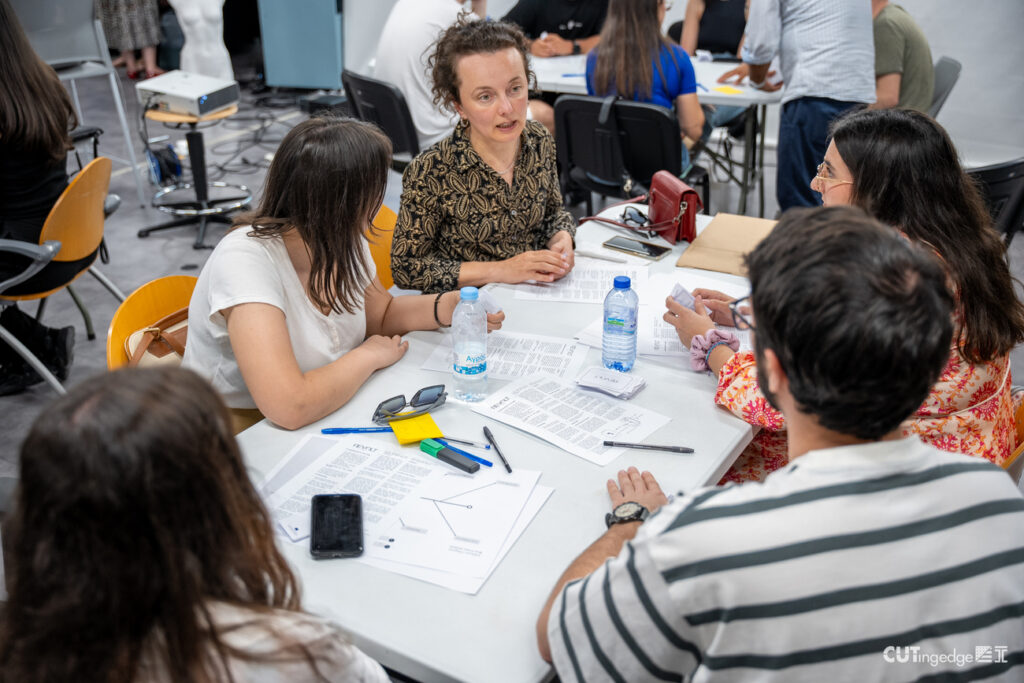
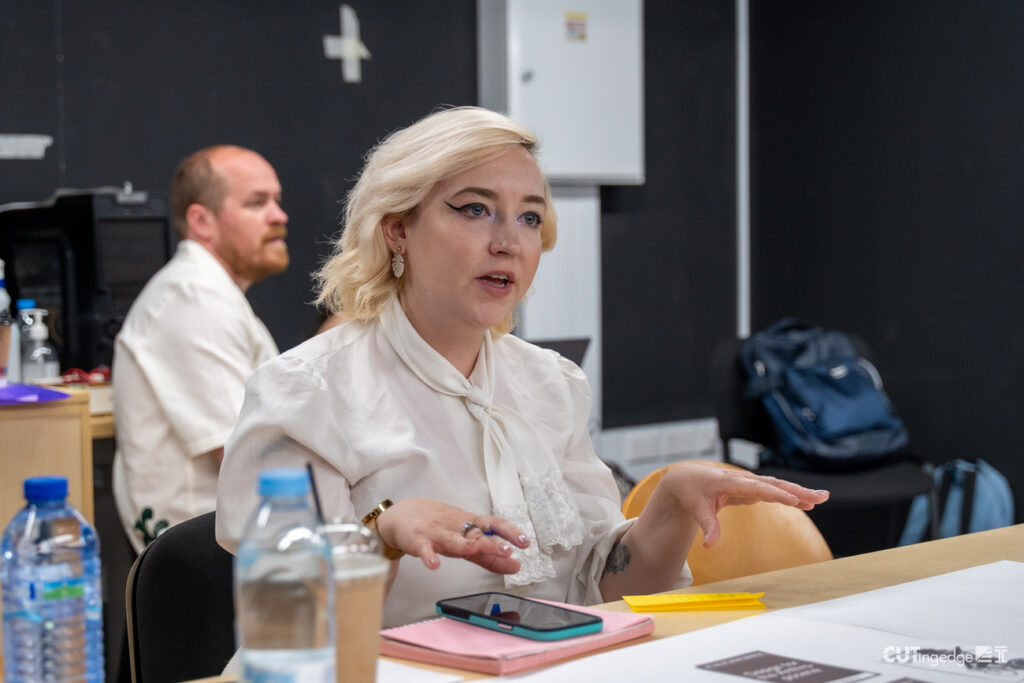
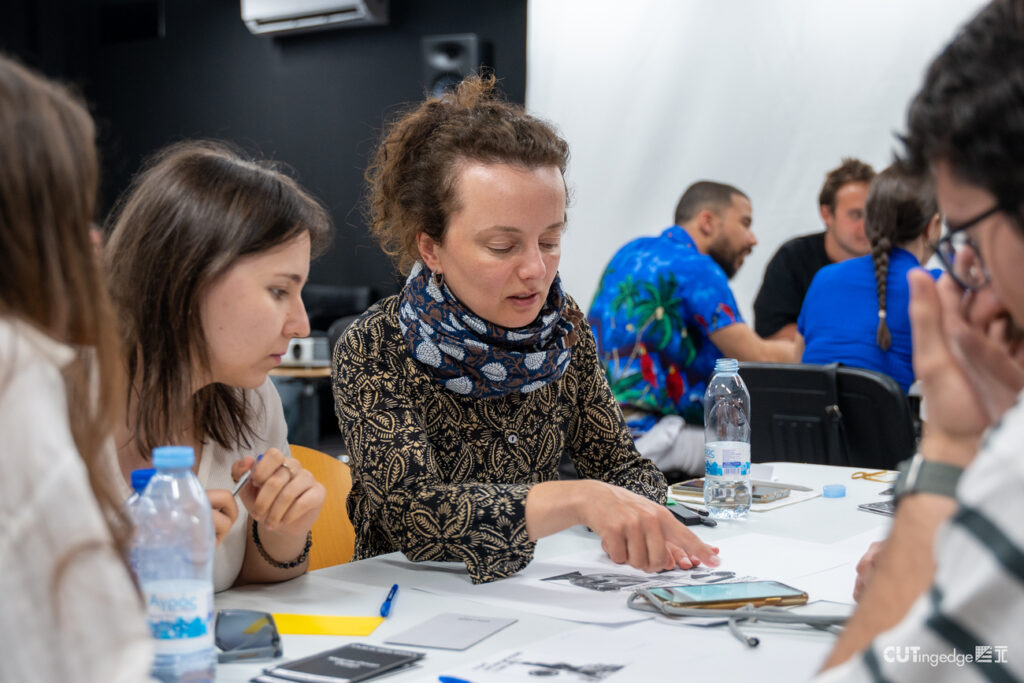
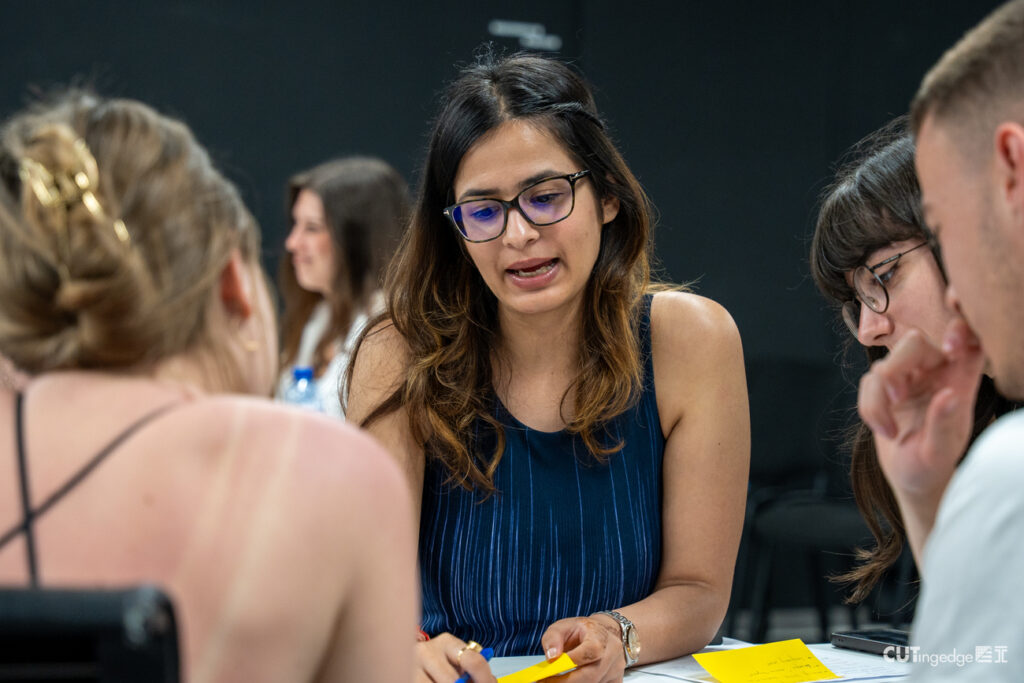
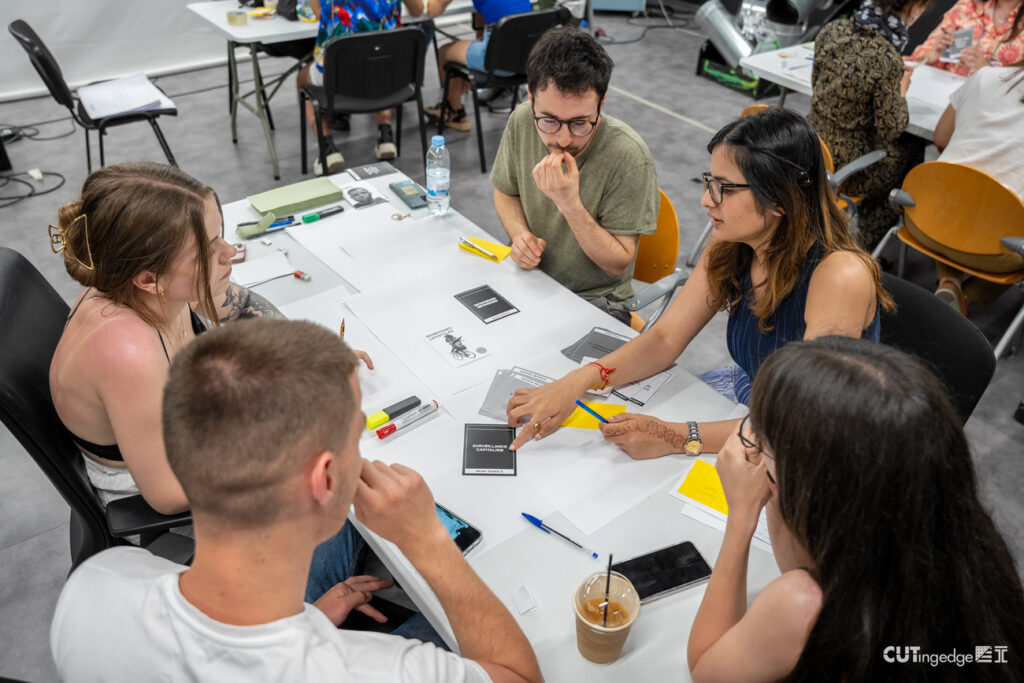
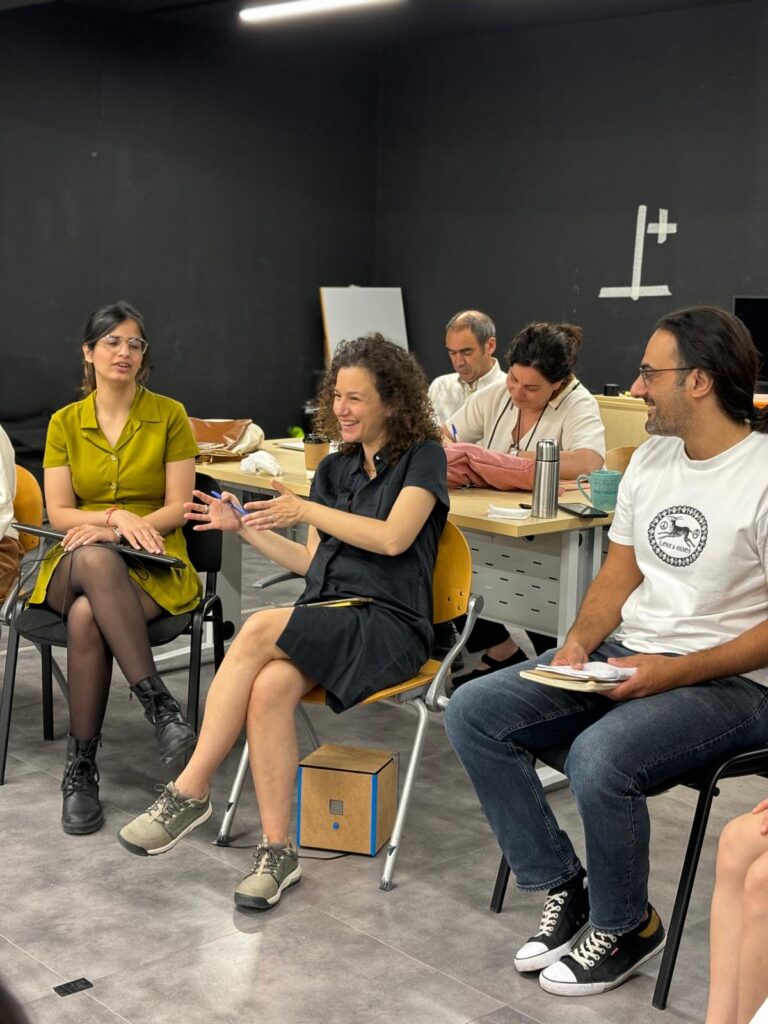
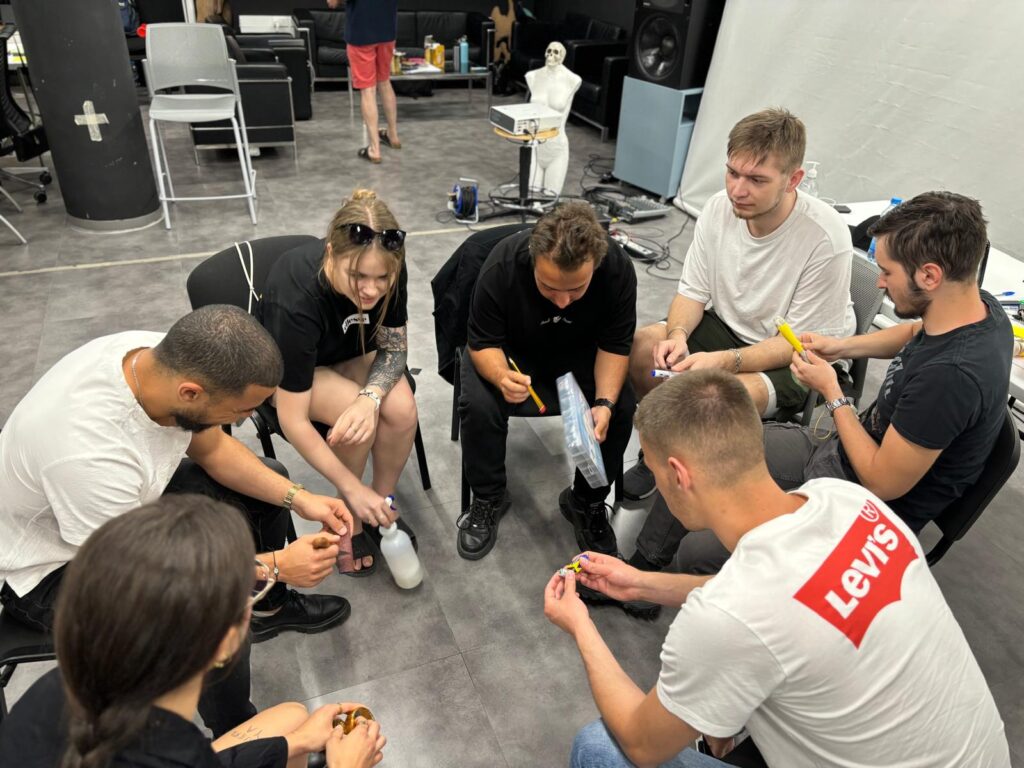
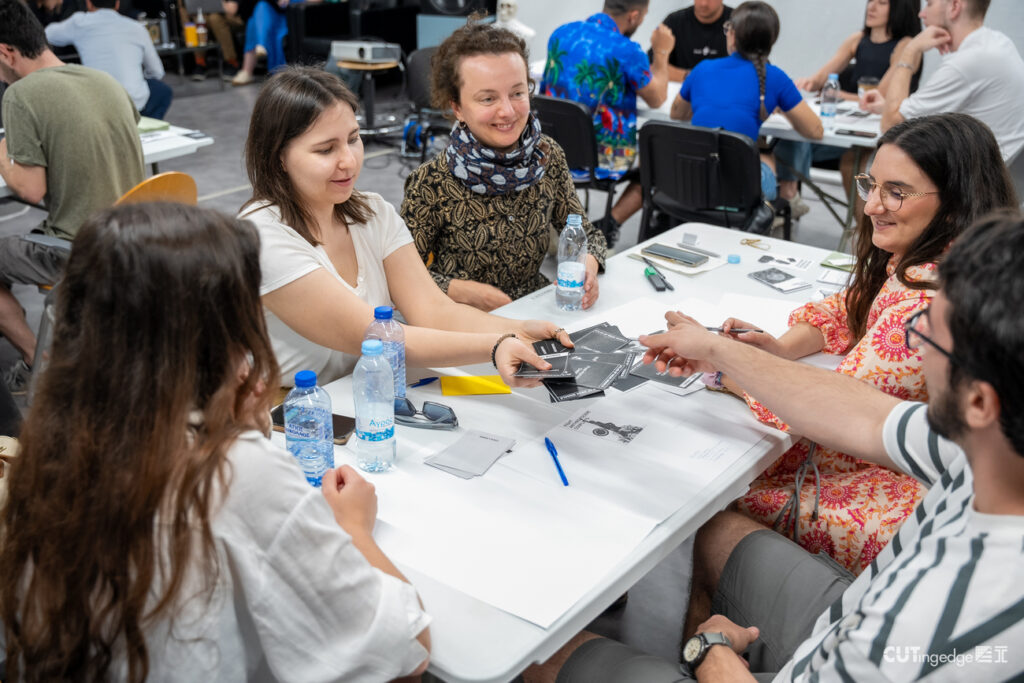
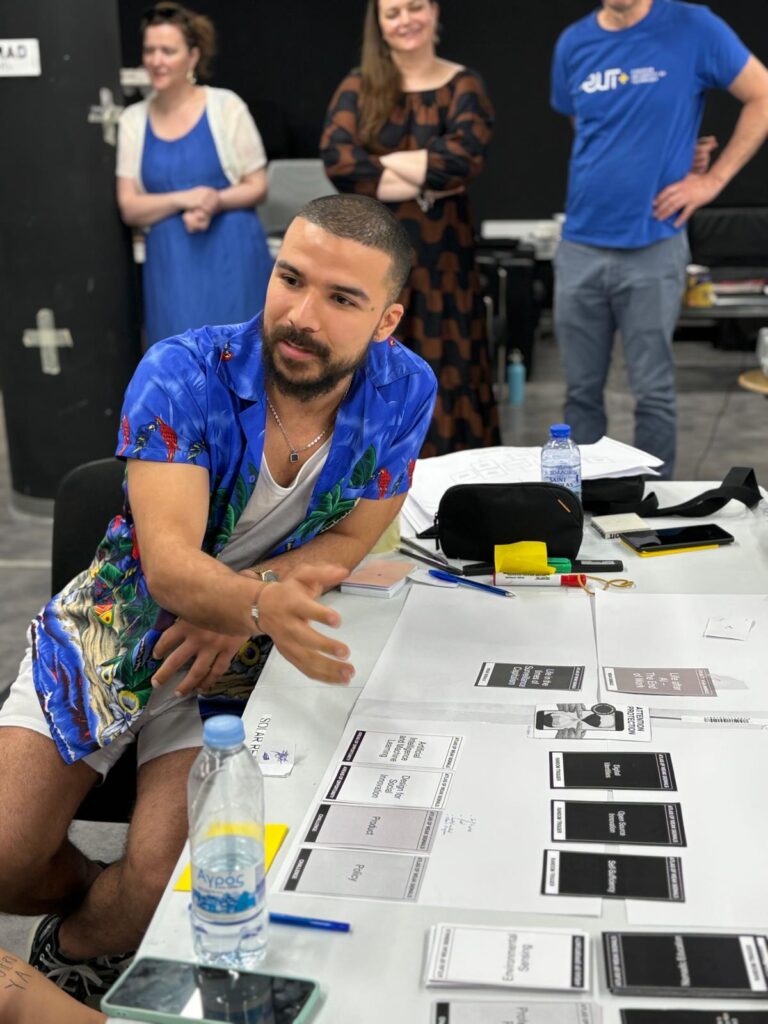
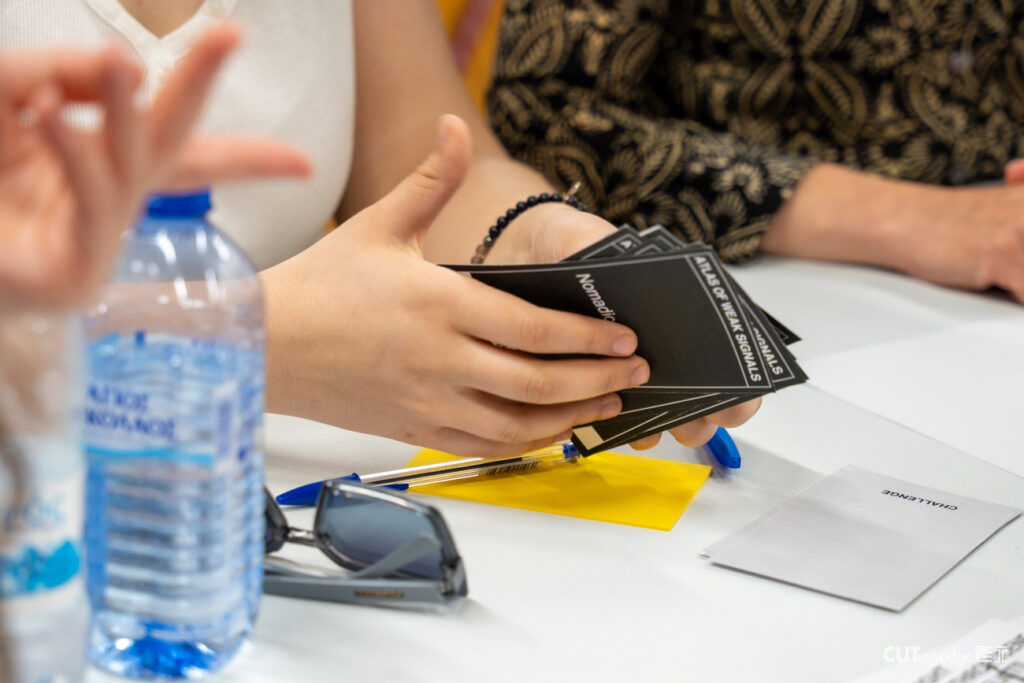
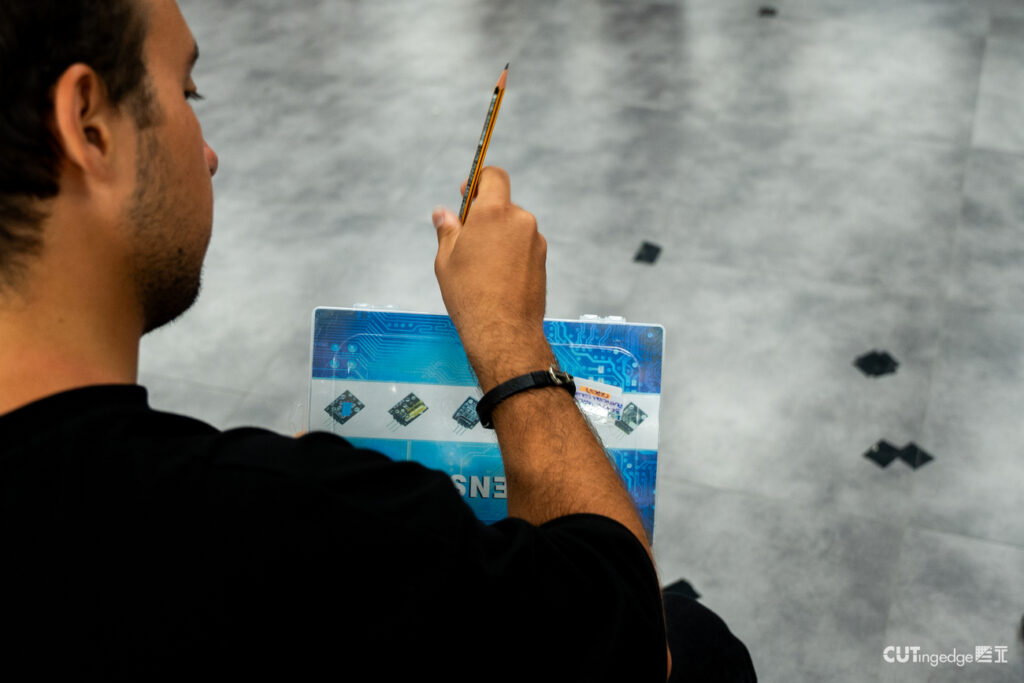
The Student Module

A key outcome of the project is the student module which facilitates educators to include an Aesthetics of Care module into curricula across a range of disciplines in a technological education context. The module’s adaptability across disciplines is central so that each university can tailor the module to fit its specific domain, whether in art, architecture, media, economics, ecology, science, IT or any other field. The core concepts—care, aesthetics, sustainability, and interdependence—can be explored through different lenses.
The module will be offered across the consortium partners institutions at a number of different levels and work is underway on a version to be offered as a micro-credential in the European University of Technology. The module is pivotal in the continued development of the concepts developed during the project throughout the eight partner institutions and beyond.
